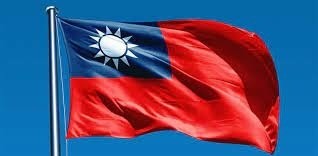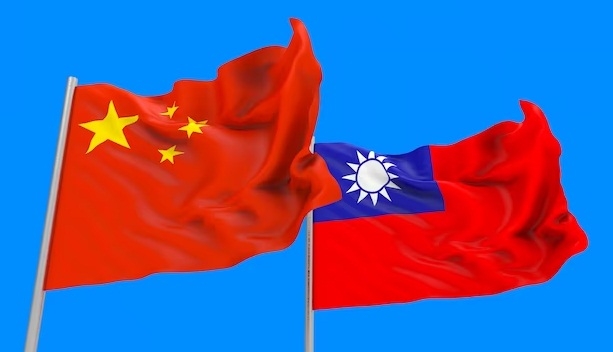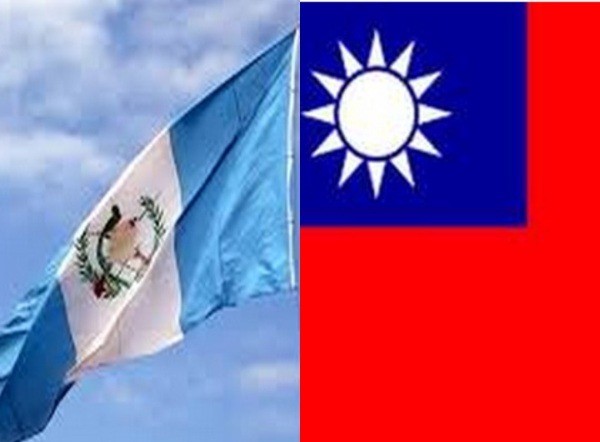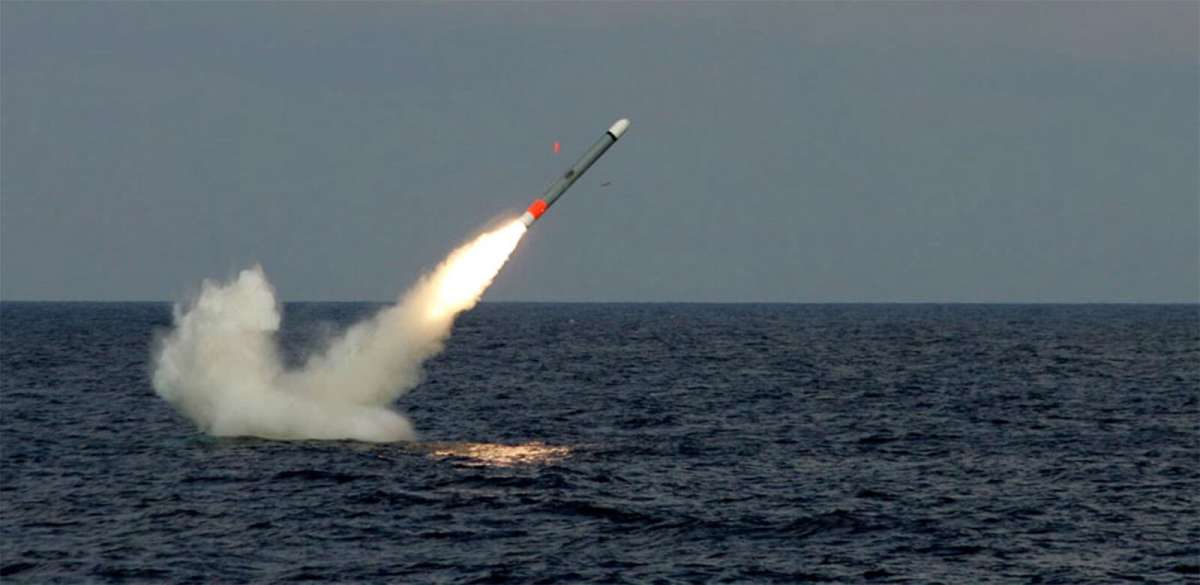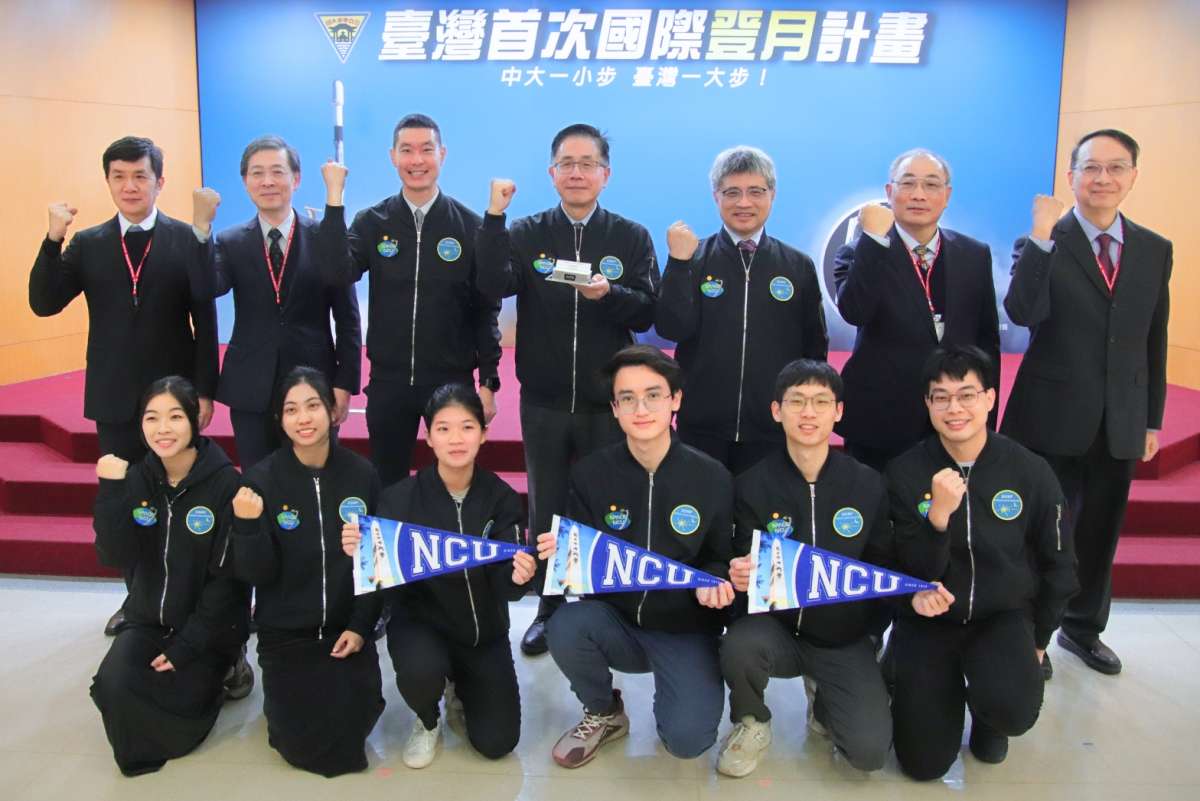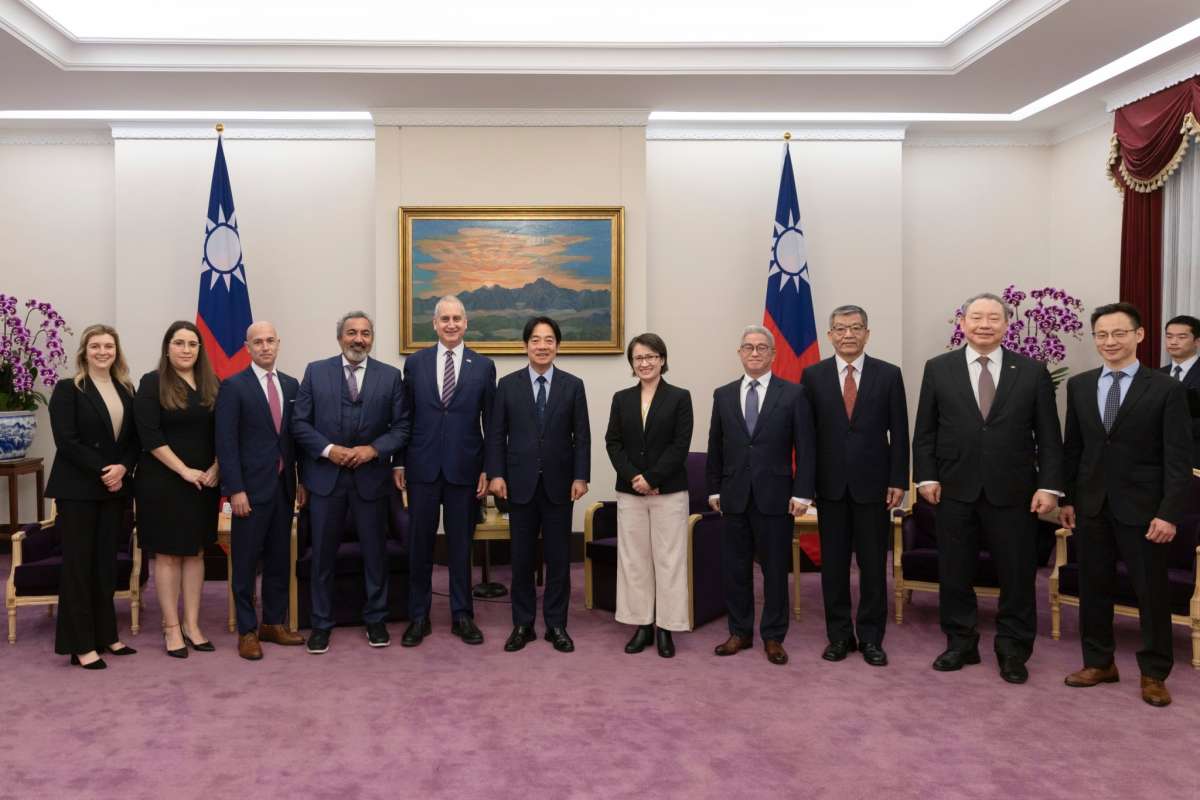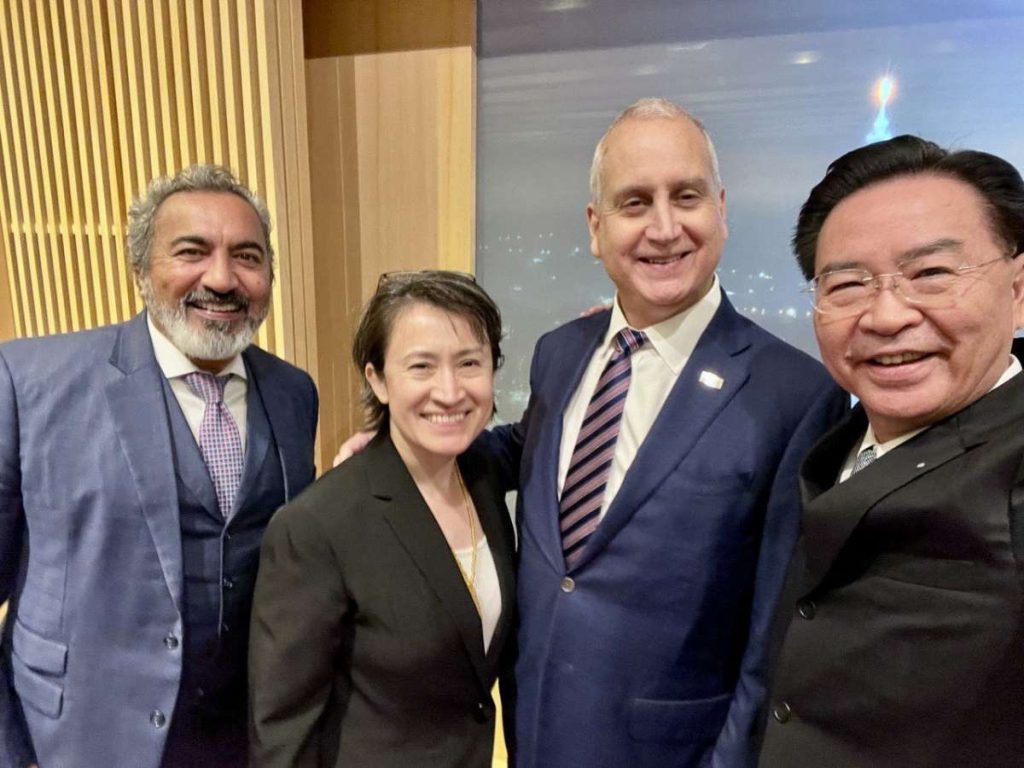Members of two parties at the council in Sweden’s second-largest city submitted a motion to expand its foreign relations….reports Asian Lite News
The Chinese embassy in Sweden warned the Gothenburg City Council as it considered concluding sister city agreements with Taiwan to reduce its reliance on China, Taiwan News reported.
Members of two parties at the council in Sweden’s second-largest city submitted a motion to expand its foreign relations.
However, the move caught the attention of the Chinese embassy in Stockholm, according to the report.
The mission sent an e-mail to the Gothenburg City Council, warning it should adhere to the One China principle, Beijing’s claim that Taiwan is part of China, the Goteborg Posten reported. The politicians should handle the “Taiwan issue” correctly, as it was at the very core of China’s interests, the embassy said.
While Gothenburg and Shanghai were sister cities, there were rising suspicions about national security threats from China’s investments. Several Swedish cities have ended sister relations with Chinese cities, but Gothenburg has economic factors to consider.
China’s Geely owns Gothenburg-based carmaker Volvo Car Corporation, leaving more than 10,000 jobs at risk if relations between the two countries deteriorate. As a result, opinions at the city council were divided about whether to deal with the issue or leave it up to the central government, Taiwan News reported.
Taiwan’s envoy to Sweden, Klement Gu, called on the mayor of Gothenburg to visit Taiwan and witness the country’s economy, culture, and education. Bilateral relations should not be subject to interference by China, he said.
Five Chinese balloons detected crossing Taiwan Strait
Eight Chinese balloons were detected crossing the median line of the Taiwan Strait on Friday, the most in a single day to date, with two of them later flying over Taiwan, Central News Agency Taiwan reported quoting the Ministry of National Defence (MND) on Saturday.
According to the report, five of the eight balloons crossed the median line at points ranging from 68 nautical miles northwest of Keelung to 92 nautical miles west of the port city, while two crossed the line 55-65 nautical miles from Taichung and crossed the line closer to southern Taiwan.
They flew at altitudes ranging from 15,000 feet to 38,000 feet, according to the MND.
The fourth balloon, which made its way across the median line at 8 am, flew over central Taiwan before disappearing above the island at 9.52 am, according to an MND chart of the balloons’ paths.
Central News Agency Taiwan reported that the sixth balloon, which crossed the median line at 10:41 a.m., flew over the northern part of Taiwan before disappearing at 12:32 p.m. above waters to the east of Taiwan, the MND said.
Taiwan’s military did not make any comment on the type of balloons involved nor did it speculate on why Beijing sent eight balloons across the median line in a single day.
Another two military aircraft and unmanned aerial vehicles also crossed Taiwan’s median line between 6 a.m. Friday and 6 a.m. Saturday, the MND said.
The median line in the Taiwan Strait served for many years as a tacit border between the two sides, but China’s military has more freely sent aircraft, drones, and balloons across it over the past 18 months, since former United States House Speaker Nancy Pelosi visited Taiwan in August 2022. (ANI)
ALSO READ: China, Russia should pursue close strategic coordination, Xi tells Putin
